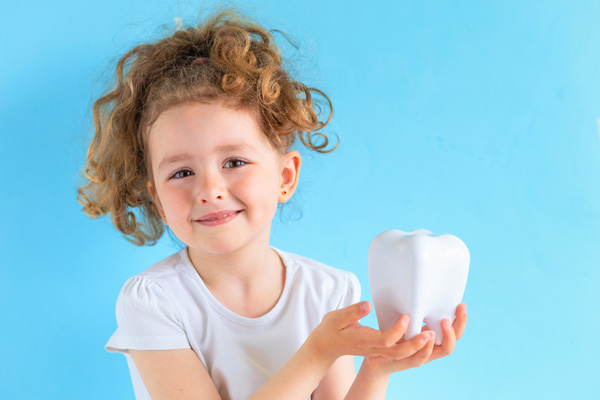 Pediatric dentists believe that the prolonged use of sippy cups has an adverse effect on your kids dental health. While sippy cups are great tools for a toddler’s transition from baby bottles to adult drinking cups, they should not be used for a long time. Dentists will advise you to bring the kids to the dentist after the first tooth emerges. The dentists will give a guideline on using sippy cups for toddlers.
Pediatric dentists believe that the prolonged use of sippy cups has an adverse effect on your kids dental health. While sippy cups are great tools for a toddler’s transition from baby bottles to adult drinking cups, they should not be used for a long time. Dentists will advise you to bring the kids to the dentist after the first tooth emerges. The dentists will give a guideline on using sippy cups for toddlers.
Effect of sippy cups on kids dental health
Sippy cups have hard spouts that can affect the structure of the kids’ mouth, jaw, palate, and oral cavity. When this happens, the kids may need orthodontic treatments in the future. Prolonged use of sippy cups can lead to other conditions. Kids can have a speech impairment and sleep concerns.
Misuse of sippy cups
Parents should use sippy cups the way these are intended to be used. It should be transitional. However, many parents use them for a prolonged period out of convenience. Transition the kids to an adult drinking cup when they begin eating solids at around six months to one year.
Using sugary drinks
Some parents even use sippy cups to introduce sugary drinks to the kids. Pediatric dentists frown at this practice because sugar can cause cavities and tooth decay. The taste will even discourage kids from eating vegetables, fruits, and other essential foods. The kids will likely be dependent on the sweet taste of juice for their meals.
Naps with cups
Out of convenience, parents may leave sippy cups with the kids during bedtime. Kids use the sippy cups as a replacement for baby bottles. However, this practice can also impact the kids dental health. Aside from being unhealthy to take sugary drinks before bedtime, kids may suffer from cavities when they sleep without brushing their teeth.
Use a straw instead
When parents want to teach kids about drinking like adults, a good way to do this is by using a straw. Unlike the rigid spout of the sippy cup, the straw will bend and mold to the shape of the mouth. Kids will also find it easier to drink with a straw than a sippy cup. This practice is a great transition to adult cups.
Rinse the sippy cups frequently
Parents may sometimes miss out on cleaning the sippy cups. When kids are attached to the cups, parents may just let them because it is easier that way. The inside of the cups and the hard spout may grow bacteria. Parents need to rinse the cups regularly and keep the kids dental health in check.
Make sacrifices for the kids
Parents use sippy cups to comfort the kids. The cups are also great at preventing spills when the kids are just learning how to drink from adult cups. Remember that it is way better to clean up the mess than watch the kids suffer from dental health problems. As a rule of thumb, bring the kids to a pediatric dentist at around six months to one year old.
Request an appointment or call Elevate Kids Dental at 714-888-4980 for an appointment in our Fullerton office.
Related Posts
Once your child’s first few teeth come through (usually before age one), it is time to schedule a pediatric dentistry visit. They can help ensure the teething process goes smoothly and address oral developmental concerns promptly. This review discusses several signs that indicate your baby has started the teething stage.Teething can begin as early as…
In pediatric dentistry, dentists assess how certain food types affect oral health and make recommendations accordingly. Common childhood snacks can harm teeth by breaking down enamel and contributing to periodontal diseases, such as sugar-filled yogurt packs, cookies, and citrus fruits.This review takes a closer look at snacks parents can provide for their children that are…
Pediatric dentistry treatments can stop and prevent tooth decay. This dental problem can influence a child’s emotional, physical, and mental well-being. Poor oral health results in more than tooth decay. This situation could lead to harmful diseases and other conditions. If you want to know tooth decay’s effects on children, here are the details from…
